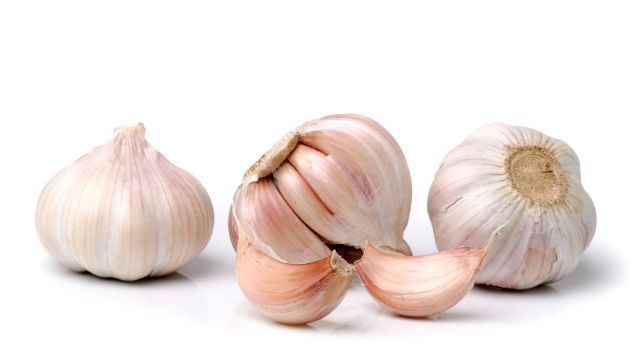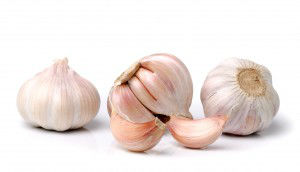
A troubling new report issued by the World Health Organization (WHO) sheds light on the severity of the rising global problem of antibiotic resistance, and cautions that if significant changes are not soon made, the world could be headed for a “post-antibiotic era,” in which diseases that were once under control by modern medicine could threaten once again.
For its report, the WHO analyzed data on drug resistance from 114 nations, and gathered information on nine types of bacteria considered to pose a significant risk. The report noted that many of these bacteria strains have become over 50 percent resistant to the antibiotics commonly prescribed to treat them in approximately half of the countries studied.
Examples of conditions for which traditionally-prescribed antibiotics are working in less and less cases are: urinary tract infections, gonorrhea and methicillin-resistant Staphylococcus aureus (MRSA).
Another example is respiratory infections in Uganda. Stuart Levy, the director of the Center for Adaptation Genetics and Drug Resistance at Tufts University School of Medicine wrote, “for respiratory diseases in Uganda, we had a multidrug-resistant pneumococcus being treated with recommended drugs – but the bacteria were already 90 percent resistant.”
In the overview of the report, Keiji Fukuda, the WHO Assistant Director General for Health Security, wrote, “antimicrobial resistance (AMR) threatens the effective prevention and treatment of an ever-increasing range of infections caused by bacteria, parasites, viruses and fungi… A post-antibiotic era – in which common infections and minor injuries can kill – far from being an apocalyptic fantasy, is instead a very real possibility for the 21st Century.”
The authors of the report blame many years of careless and excessive antibiotic use for the current situation. They also point out the use of antibiotics in animals raised for meat as contributing to the problem. In the face of this scary situation, now is the time for everyone to rethink how we address all but our most serious health problems.
While it is becoming increasingly recognized that many products of nature – including foods, herbs and essential oils – have antimicrobial properties, much more research is needed for large-scale practical application.
If we returned to our roots and utilized the disease fighting powers of garlic, onions, apple cider vinegar, black seed oil and turmeric – to name just a few examples, many of the infections that we experience could be alleviated without turning to antibiotics.
 If a situation is dire or immediately threatening, then medication is obviously in order. However, when natural solutions can be used, it is prudent for us to use them, lest our dependence on these same medications leads to them becoming ineffective when we need them the most.
If a situation is dire or immediately threatening, then medication is obviously in order. However, when natural solutions can be used, it is prudent for us to use them, lest our dependence on these same medications leads to them becoming ineffective when we need them the most.
-The Alternative Daily
Sources:
http://www.scientificamerican.com/article/antibiotic-resistance-is-now-rife-across-the-globe/?&WT.mc_id=SA_DD_20140430
http://www.who.int/drugresistance/documents/surveillancereport/en
http://www.who.int/mediacentre/news/releases/2014/amr-report/en

